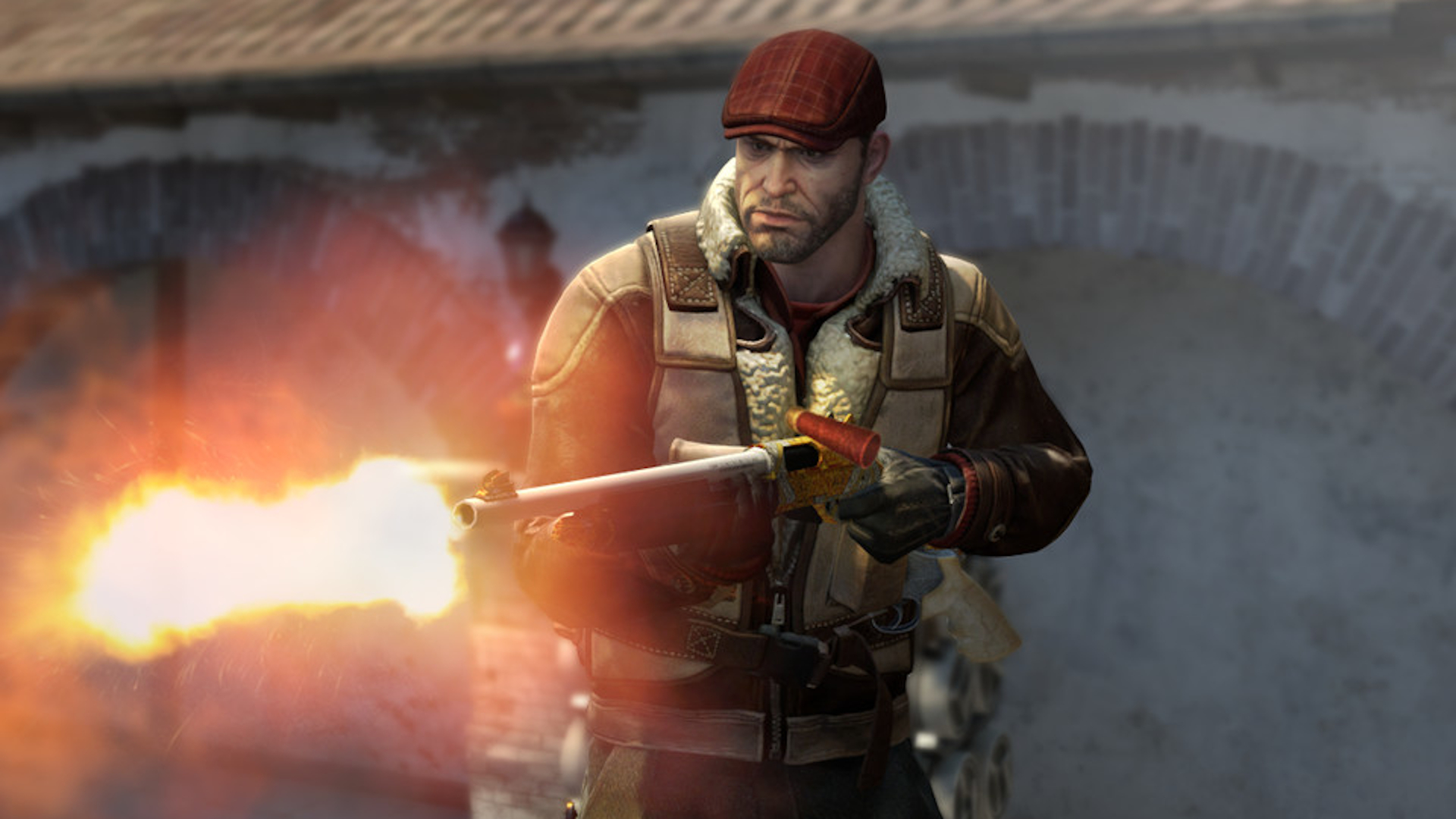A recent effort to curb cheating in CS:GO may be affecting the player base of one of Steam’s biggest games. In a June 3 patch, Valve issued a complete rework of CS:GO’s Prime status, a designation required to play Competitive that players previously earned by playing enough of the game or buying it. From June onward, Prime status can only be bought for a flat $15, turning a soft play wall into a firm paywall.
According to CS:GO’s recent concurrent player count averages as recorded by SteamCharts, first spotted by Dot Esports, the game has seen a 16.7% drop (a loss of over 100,000 average players) since the early June patch. It’s worth noting that CS:GO’s player base regularly fluctuates like any other multiplayer game, and perhaps moreso for one of the most popular games on PC. Still, this is the steepest month-on-month decline the game has seen since 2018.
The changes to Prime status are a reasonable culprit for the anomaly. Since its inception, Prime status has aimed to promote fairness by making it harder for cheaters and smurf accounts to enter ranked play. In a recent dev blog, Valve admitted that since going free-to-play, CS:GO’s Prime status has been abused by “bad actors” (likely referring to cheaters and smurf accounts) to “hurt the experience of both new and existing players.” Accounts that already had Prime status were grandfathered in when the new patch rolled out, but any accounts that didn’t already have it after a two-week deadline have to pay $15 to play CS:GO’s marquee Competitive mode.
Essentially, Valve is hoping the new Competitive paywall will keep cheaters out of Competitive by adding a guaranteed price tag. Want to get back to ruining other people’s fun after your last account was VAC banned? Grinding playtime on a new freebie account won’t do you any good. The paywall is also aimed at nefarious services that sell accounts with “fake” Prime status that was grinded through bot-assisted playtime.
The rest of CS:GO, like casual matches and the Danger Zone battle royale mode, remain free-to-play. And for players that want a taste of competitive play without paying for Prime, Valve introduced an Unranked matchmaking toggle. Unranked plays identically to Competitive, but players won’t earn ranks, XP, or loot drops.
So, if the new Prime rules are good for the game’s health, why the drop in players? It could be a number of things, but I suspect a sizable chunk of the accounts that didn’t sign in during June could be alternate or smurf accounts held by existing players that did not pay to legitimize their matchmaking. The natural ebb and flow of player interest between updates is certainly a factor too, though it’s important to note that, recent dip be damned, CS:GO has never been more popular than in the last year. Almost a decade into its lifespan, it remains the most popular FPS on Steam.
I would hope that many of the June no-shows are would-be cheaters. For as much as Prime status has changed over the years, this has potential to be its most effective iteration yet. Before CS:GO was free-to-play, cheaters could wait for a Steam sale and purchase the game for as many alternate accounts as they wished with a clean path to Prime status. Now that Prime is paid-only and will likely never go on sale, there’s a guaranteed minimum cost to cheat.


